## Real-World Rampage: LA’s Anti-ICE Protests Spark a Political Firestorm
Imagine a world where your digital avatar could be detained and deported, where the lines between the virtual and the real blur into a chilling dystopia. Sounds like a cyberpunk nightmare, right? Well, in Los Angeles, the lines are getting dangerously thin.
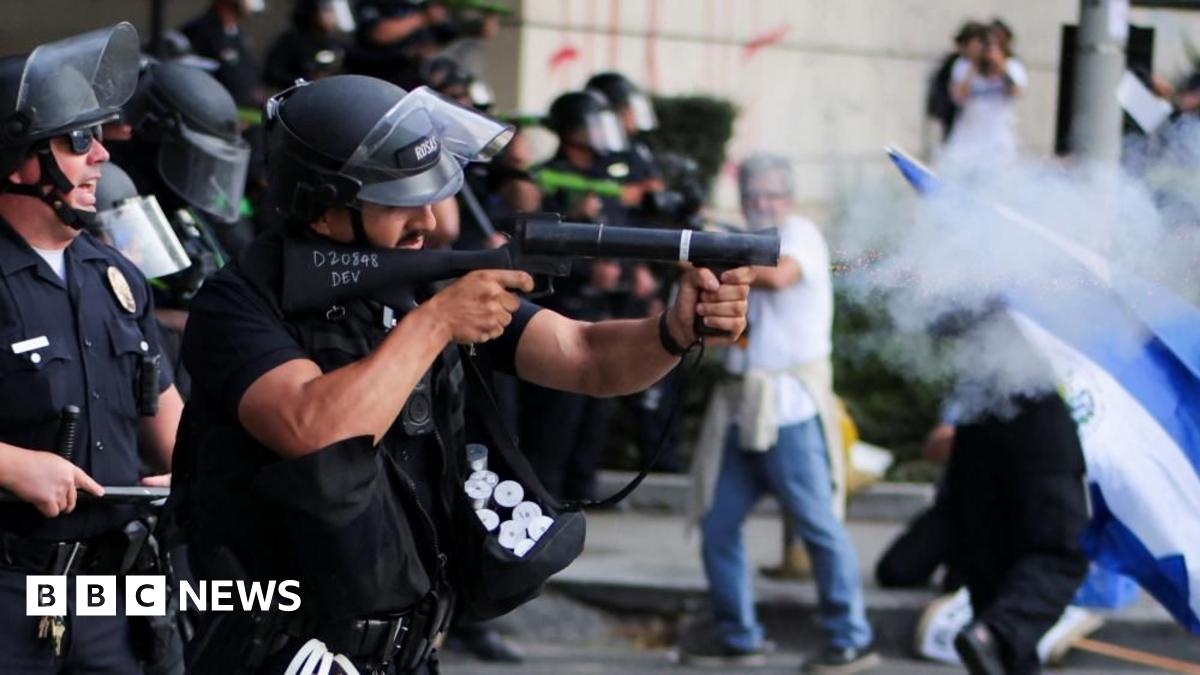
Massive protests against ICE (Immigration and Customs Enforcement) are shaking the city, turning Los Angeles into a simmering battleground between those seeking sanctuary and a federal government flexing its power. The tension has escalated to a whole new level: California is suing the Trump administration over the deployment of the National Guard to the state, sparking a fierce debate about immigration, federal authority, and the very fabric of American society.
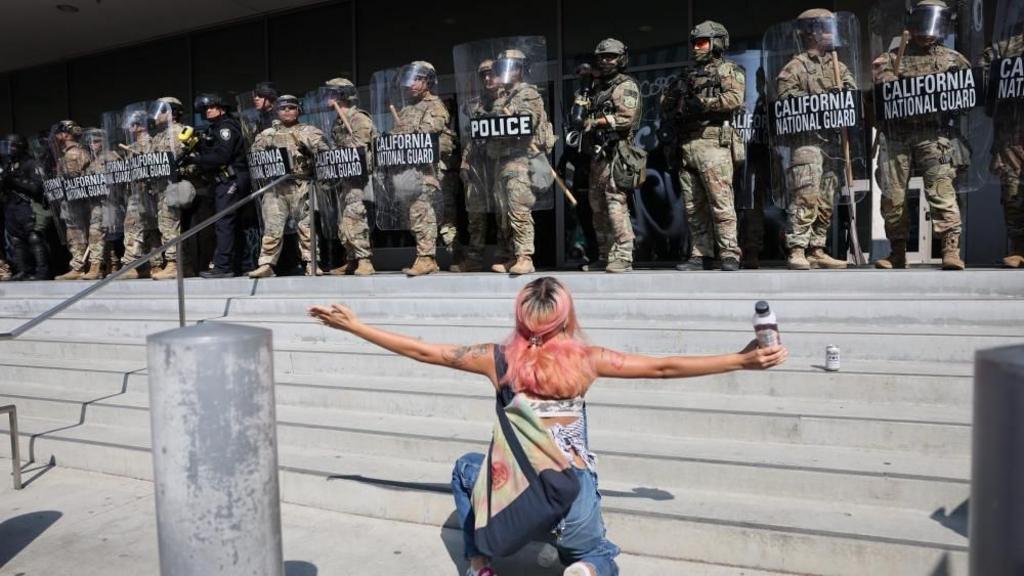
Sanctuary City Standoff: Understanding the Tension between Federal and Local Authority
The Core Conflict: Federal vs. State Jurisdiction
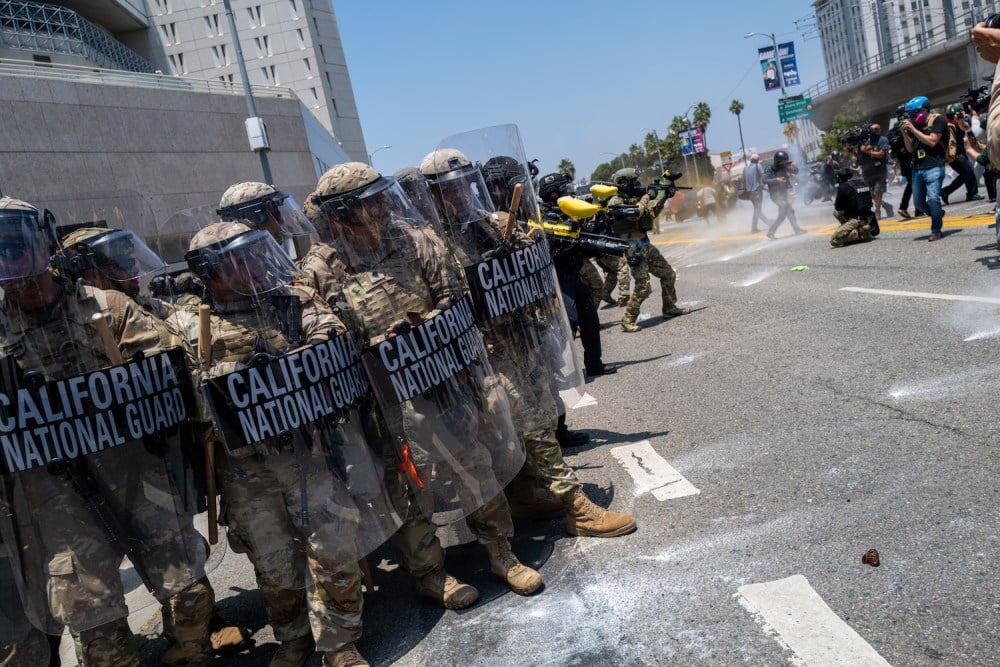
The recent deployment of National Guard troops to Los Angeles, California, highlights a long-standing tension between federal and local authorities in the United States, particularly concerning immigration enforcement. At the heart of this conflict is the concept of sanctuary cities, localities that have adopted policies limiting their cooperation with federal immigration agencies, such as ICE. Sanctuary cities argue that their policies protect vulnerable immigrant communities and maintain trust with local law enforcement. However, the Trump administration has viewed these policies as a direct challenge to federal law and vowed to crack down on them.
The legal battle over sanctuary cities hinges on the balance of power between the federal government and states. The Supremacy Clause of the U.S. Constitution grants federal law supremacy over state laws. However, the Tenth Amendment reserves powers not delegated to the federal government to the states or the people. This creates a gray area when federal immigration laws clash with state and local policies.
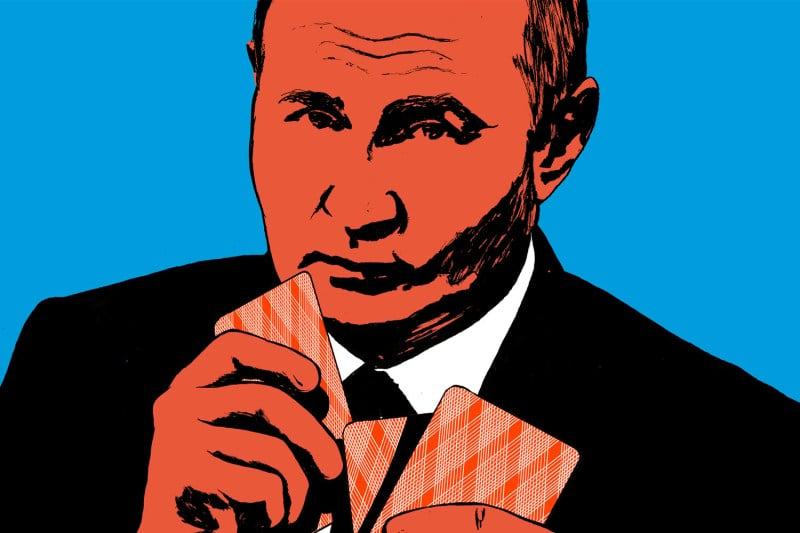
The Role of Sanctuary Cities
Sanctuary cities, often found in urban areas with large immigrant populations, typically implement policies such as:
- Limiting local law enforcement’s cooperation with ICE detainers, requests to hold individuals in custody beyond their release date to allow ICE to take them into custody.
- Prohibiting local police from asking about a person’s immigration status during routine interactions.
- Restricting the use of local resources to assist in federal immigration enforcement.
- Encourage immigrants to report crimes and cooperate with law enforcement without fear of deportation.
- Protect undocumented immigrants from arbitrary detention and deportation.
- Promote trust and cooperation between law enforcement and immigrant communities.
- Undermine federal law and hinder ICE’s ability to enforce immigration laws.
- Create havens for criminal immigrants who may pose a threat to public safety.
- Reward lawbreaking and encourage illegal immigration.
Proponents of sanctuary city policies argue that they:
Critics of sanctuary cities argue that they:
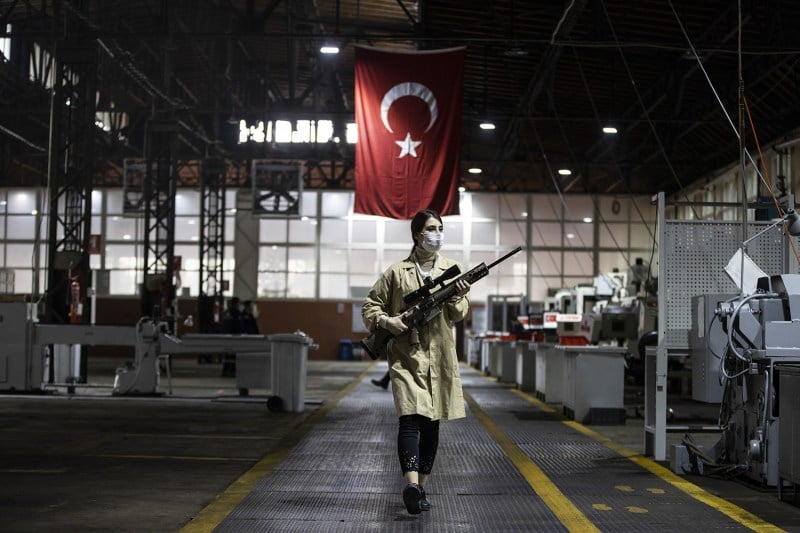
A Nation Divided: The Political Landscape
The issue of sanctuary cities has become deeply politicized, dividing the country along partisan lines. Democrats tend to support sanctuary city policies, while Republicans generally oppose them. This division reflects broader debates about immigration policy, the role of the federal government, and the rights of immigrants.
National Guard Deployment: A Controversial Move
The President’s Power: Analyzing the Legality and Morality of Trump’s Actions
The deployment of the National Guard to Los Angeles has sparked intense debate over the legality and morality of President Trump’s actions. The president invoked a rarely used law, the Insurrection Act of 1807, which grants him the authority to deploy the National Guard to suppress domestic unrest. This law has been used sparingly throughout history, most notably during the Civil Rights era and in response to natural disasters.
The legality of Trump’s deployment hinges on whether he can demonstrate that there is an “insurrection or rebellion” in Los Angeles. Critics argue that the protests, while sometimes disruptive, do not meet this high threshold. They contend that the deployment of the National Guard is a politically motivated overreaction that escalates tensions and undermines civil liberties.
Morally, the deployment of the National Guard raises concerns about the use of military force against civilians in a domestic setting. Critics argue that it sets a dangerous precedent and could lead to the militarization of law enforcement, eroding trust between communities and the government. They argue that other, less coercive measures, such as increased dialogue and community policing, would be more effective in addressing the underlying issues driving the protests.
California’s Resistance: Newsom’s Lawsuit and the Fight for State Sovereignty
California Governor Gavin Newsom has vehemently opposed the deployment of the National Guard, calling it an “unconstitutional” overreach of presidential power. Newsom has argued that the president’s actions violate the Posse Comitatus Act, which generally prohibits the use of the U.S. military for law enforcement purposes. He has also accused Trump of inflaming tensions and undermining state sovereignty by deploying troops without consulting with him or the state legislature.
Newsom’s lawsuit against the Trump administration seeks to overturn the deployment order and protect California’s interests. The lawsuit argues that the Insurrection Act does not apply to the situation in Los Angeles and that the president has overstepped his constitutional authority. The outcome of the lawsuit could have significant implications for the balance of power between the federal government and states on issues of immigration enforcement.
Game of Chicken: Assessing the Risks and Potential Consequences of Military Intervention
The deployment of the National Guard to Los Angeles represents a dangerous escalation in the standoff between the Trump administration and California. The situation has the potential to spiral out of control, leading to further violence and civil unrest. There are several risks and potential consequences to consider:
- Increased violence and injuries: The presence of armed National Guard troops could escalate tensions and lead to more violent clashes between protesters and law enforcement.
- Erosion of civil liberties: The deployment of the military could erode civil liberties, such as the right to free speech and assembly, as authorities may be more likely to suppress dissent.
- Damage to public trust: The use of military force against civilians can damage public trust in government institutions and law enforcement.
- Nationalization of the debate: The situation could further polarize the country and exacerbate the existing divisions over immigration policy.
Beyond the Headlines: The Broader Implications
Immigration Policy in the Spotlight: Examining the National Conversation
The clashes in Los Angeles have thrust the national conversation on immigration policy into the spotlight. The incident highlights the deep divisions in the country over how to address immigration, with no easy solutions in sight. The debate centers around several key issues:
- Border security: There is widespread agreement that border security is important, but there is disagreement over the best way to achieve it. Some advocate for increased border patrols and a physical wall, while others favor a more comprehensive approach that includes addressing the root causes of migration.
- Path to citizenship: Many undocumented immigrants have lived in the United States for years and contribute to society. There is a debate over whether to create a pathway to citizenship for them.
- Enforcement of immigration laws: There is disagreement over how rigorously immigration laws should be enforced. Some argue for a more lenient approach, while others call for stricter enforcement.
The lack of consensus on these issues makes it difficult to find common ground and enact meaningful immigration reform.
The Role of Sanctuary Cities: Analyzing their Impact and Future
The debate over sanctuary cities is likely to continue, with both sides arguing for their respective positions. The impact of sanctuary city policies is complex and difficult to measure. There is evidence that sanctuary cities can lead to increased trust between immigrants and law enforcement, but there are also concerns that they can shield criminals from deportation. Ultimately, the future of sanctuary cities will depend on the outcome of legal challenges, public opinion, and the political climate.
A Nation Divided: Assessing the Polarizing Effects of the Situation
The events in Los Angeles highlight the deep divisions that exist in the United States over issues of immigration and civil liberties. The situation has further polarized the country, with each side digging in its heels and refusing to compromise. This polarization can have negative consequences for democracy and social cohesion, making it more difficult to find solutions to pressing problems.
Conclusion
The simmering tension between the federal government and California over immigration policy has boiled over in Los Angeles, with massive protests erupting against ICE raids and a lawsuit filed by the state against the Trump administration. California, a sanctuary state with a history of resisting federal immigration enforcement, argues that deploying the National Guard to assist ICE is a blatant overreach of power and a violation of state sovereignty. This clash isn’t just about border security or legal immigration; it’s about fundamental questions of individual rights, states’ rights, and the very fabric of American democracy. The implications of this standoff are far-reaching. If California’s lawsuit succeeds, it could set a precedent for other states to challenge federal immigration enforcement, potentially fracturing the nation’s already strained political landscape. Conversely, a Trump victory could embolden federal authorities to take even more aggressive action against undocumented immigrants, further fueling the flames of division and distrust. Either way, the future of immigration policy in the United States hangs in the balance, and the outcome of this battle in Los Angeles will have profound consequences for millions of lives. One thing is clear: this isn’t just a political fight; it’s a human story unfolding in real time, and its consequences will be felt for generations to come.
